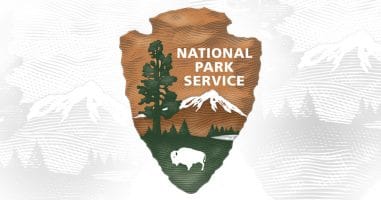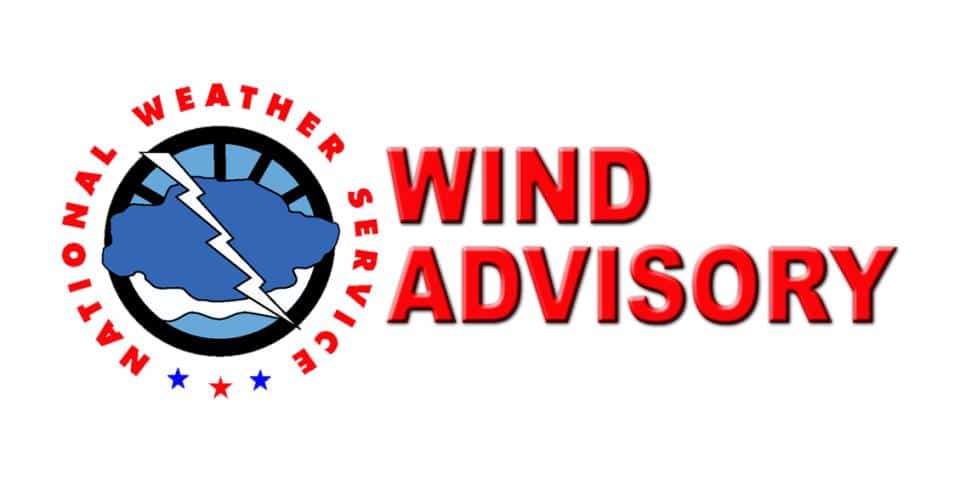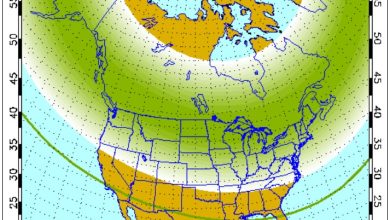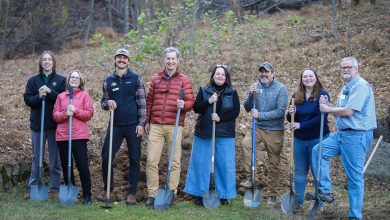
Last Updated on August 27, 2024 2:05 pm
WASHINGTON – The National Park Service (NPS) today released a programmatic environmental assessment and Finding of No Significant Impact (FONSI) reaffirming park superintendents’ authority to allow visitors to use electric bicycles (e-bikes) in national parks on a case-by-case basis, consistent with public safety and consideration of natural and cultural resources.
Last year, the NPS held an open comment period for members of the public and local, State, Tribal, and Federal agencies to provide feedback on a programmatic environmental assessment (PEA). The review examined the potential national level impacts of e-bike use in national parks. With today’s FONSI, NPS reaffirms the existing 2020 rule that authorizes superintendents to allow e-bikes, where appropriate, on park roads, parking areas, and administrative roads and trails where traditional bicycles are also allowed. Public lands designated by Congress as “wilderness areas” remain off-limits to both traditional bicycles and e-bikes.
When determining if and where e-bikes might be allowed in the park, superintendents must take into consideration public health and safety, natural and cultural resource protection, and other management activities and objectives.
To determine whether e-bikes are allowed in a specific park, visit the park website or contact the park directly. You can find a specific park website and contact information at: Find a Park (U.S. National Park Service) (nps.gov)
When managed appropriately, the use of e-bikes can enhance fun and healthy recreational opportunities for visitors to national parks and support active transportation options. E-bikes can have many benefits for parks and visitors including expanding access for those with physical limitations, supporting clean transportation and reducing vehicle congestion within parks, and providing healthy recreation opportunities. The 2020 rules ensures that NPS must manage this form of access and recreation, like others that occur in park areas, in a manner that protects park resources, values, and visitors.


















